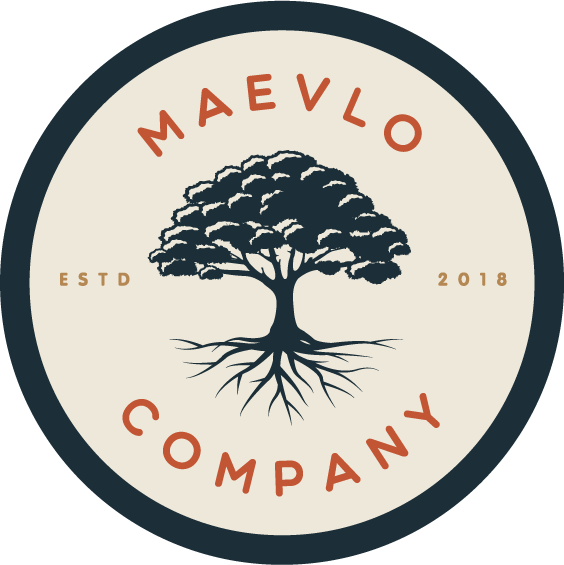The Art of Making a Deal
(Oil and Gas Deals, Anyway)
My name is Marshall Porterfield, and I’ve known Matthew since way back in 2005. I’ve been a part of the Maevlo story in some form since its inception. When he was developing it in 2018, Matthew reached out to me since he knew I’d spent the intervening years honing the skills he’d been looking for—sourcing and launching investment opportunities into investment funds. I joined Maevlo shortly thereafter, and together we got the investment funds off the ground. (You can read more about our history and intention here.)
In today’s post, I'll share some of the knowledge I’ve gleaned over the years about the process of evaluating potential oil and gas deals. I'll be talking about why it's super important to use data-driven analysis, risk assessment, and do your due diligence. I'll also touch on how intuition (which you can only gain through years of experience in the industry) plays a role. It all might seem a bit complicated at first, but it's really just meant to give you a general overview of how deal evaluation works. If you’d like to talk further with us about it, we’d love that!
By the way, if you haven’t yet read my biography on our website, please do! Read all of them, while you’re at it. You’ll find that the more you know about the team, the more confident you can be that Maevlo has some good people behind the wheel.
First, we have to start with the fact that I like uncovering good deals.
I did, after all, title this post “The Art of Making A Deal” (Let’s take that phrase back from the political realm, shall we?) I’m a treasure hunter at heart. Before I set out on the search, I analyze everything about the potential deal: geology of the area, historic records, municipal permits, rig counts, past returns, commodity markets, and more. Then, I build a “map,” (because every treasure hunter needs a map) a spreadsheet on all variables and how they could intersect with each other. Often it's a literal map on the wall with layers of data covering it.
To figure out if an oil and gas deal is worth it, first I check how the current wells are doing, then dive into the numbers like PV10 and cash flow multiples to see if it makes financial sense. I also think about whether we could sell the assets later, especially with future production in mind. Keeping an eye on commodity prices (like MCF) is super important because they can really change the value. I also see what's happening in the market and how other buyers and sellers are acting, since that affects prices and competition. (We're aiming for a 4x return in 5-7 years.) Lastly, I make sure the operator is solid and knows their stuff. Over the years we've gotten to know most of the main operators in the industry, either by reputation or direct working relationships, so we've got a feel for what to expect form hem
From there, I see if there's room to grow—like, can they drill more wells or find new spots to explore? Then, we make sure the idea behind the deal is solid, aka has the potential of the area actually been proven by historic production? We also gotta think about what could go wrong—drilling plans, unexpected problems, the whole shebang. Looking at different possibilities, even the bad ones, helps us see the whole picture. And usually, it's best to be careful, focus on getting a good price, even if things get better later on.
And yet…you really can’t just get certain answers from a list (even when it is a good one!).
Ultimately, it takes more than just acquiring knowledge to gain mastery. True understanding can only be achieved by earning knowledge, allowing it to percolate in your subconscious, and then taking the steps to gain enough experience to apply that knowledge well.
You probably start to sense how complex it is, and this is just a brief pass-through of the basics.
We can do all of this analysis, and still have it all upended by wild world events that seem to be always right over the horizon. We don't know what they'll be and we don't know when they'll be, but we do know they will be. It is a sort of certainty about uncertainty we have to work within with our eyes wide open. If I look at the expected price of gas in September of 2025, the only thing I'd be willing to bet the farm on, is that it won't actually be that!
So if there’s a take-away here…
It’s that deal evaluation is complex (Yep. I am saying it yet again). There's no one-size-fits-all approach, nor is there a list you can just follow. But you can start with a good plan and set out with good people on your team.
So there you have it! Just a tip of the iceberg, really. A high-level list of the complexity I sift through every time I evaluate a deal.
Has this blog intrigued you? Want a more in-depth discussion of this topic? We'd be happy to meet with you to answer any of your questions. Here’s the link to our contact page – schedule a chat! Or call (303) 219-0331.

